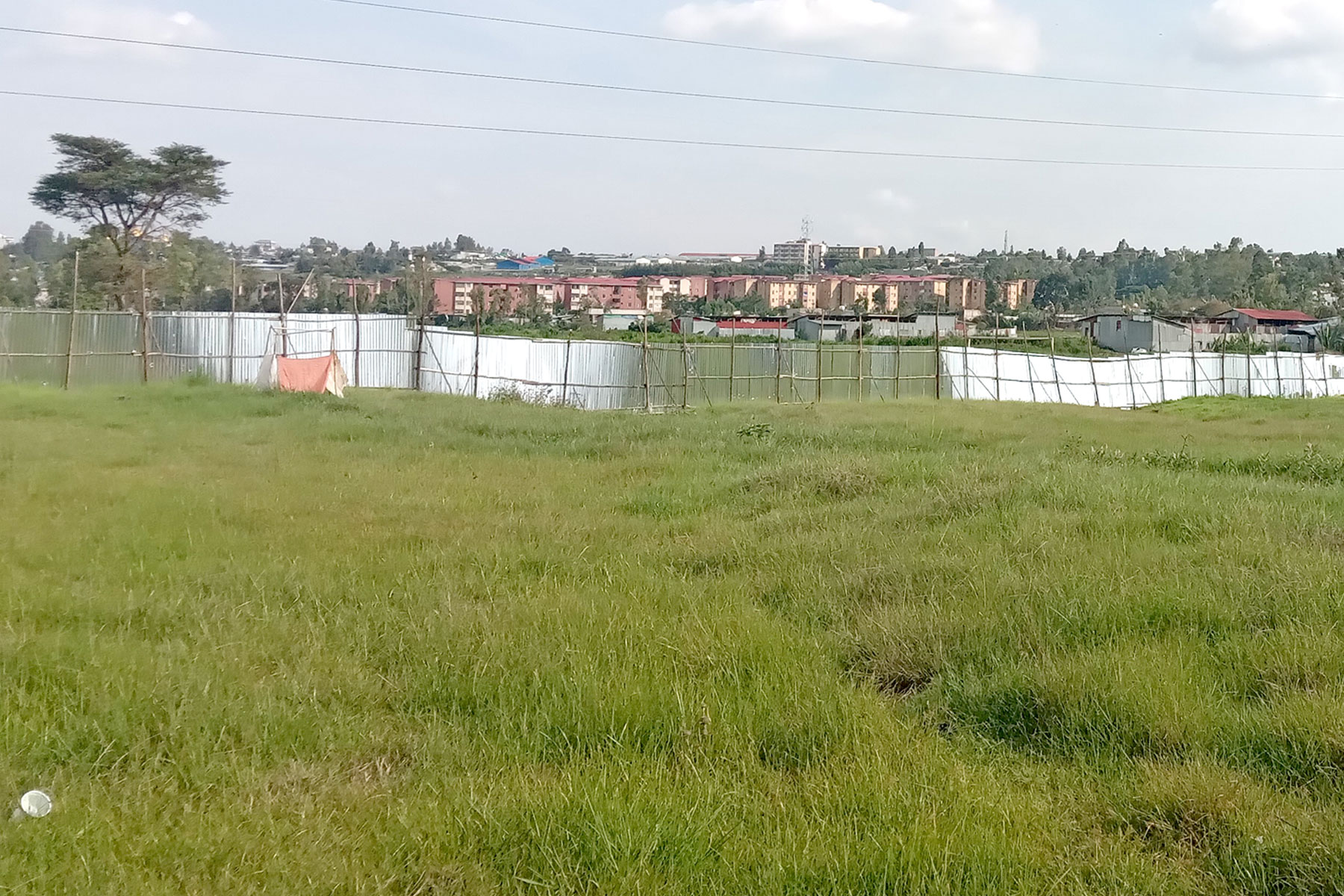
Oct 24 , 2020
By Ayele Tirfie Woldemichael
The 10-year economic plan is critical to realising development in the country. But there are a set of challenges that need to be recognised and preconditions that have to be fulfilled to realise success, writes Ayele Tirfie Woldemichael (Prof.), author of several books and an alumnus of Oregon State University and the University of Stuttgart.
The government has put a national 10-year development plan forward for discussion. Ministries have been holding forums for their respective industries and sectors, while the Planning & Development Commission has been promoting an economic transformation plan expected to guide the country until 2030.
It is evident that long-term 10-year plans such as this are critical in economic policymaking. The merits accrue in its value in giving long-term direction and vision about the envisioned pursuit of the nation’s growth and development and comprehensive coverage of all major aspects of the nation’s economy. It also allows for the identification of core sectors of the economy for targeted allocation and optimal utilisation of resources for creating complementarities between the sectors for integrated and effective progress.
A 10-year plan will also set the preconditions for coordination of the workings of both public and private investment through forecasts and targeted outputs.
But there is a need to build on the implementation of the 10-year plan by translating it into two three-year and one four-year plan or into two five-year plans, whichever is acceptable to the national planning organ, the Commission. This measure creates possibilities for periodic assessment of progress stretching over the subdivided and consecutive plan periods, eventually leading to the overall success of achievement at the end of the 10 years.
The timeless principle affirms that success is the ultimate measure of performance. But this will not occur in a vacuum. There are prerequisite measures that need to be taken to make the planning successful, including a critical assessment of the current or existing state of the socioeconomic conditions in the country to establish the reality as a point of departure.
While the federal government discharges its responsibility of developing physical and social infrastructure in all its forms, there should be a participative or inclusive review of both the draft plan and full participation in the implementation process involving the private sector, the regional and local authorities and, if possible, the communities at the grassroots level.
Building institutional capacities or competencies at all levels of the hierarchical system in tandem with staffing them by human resources equipped with high-quality knowledge and skills is just as critical. These are basic for effective implementation.
The plan implementation also needs to be decentralised with sectoral coordination at national and regional levels. Growth and development under regional or decentralised - harmonised top-down, bottom-up - planning approaches are the outcome of shared responsibilities and coordinated efforts between the planning organs of the national and regional players. Regional development is inherently resource-based, need-oriented, participative and people-centred.
Critical to the whole process is constant monitoring and milestone-based evaluations during the process of implementation of the plans. The outcome of evaluation at each milestone provides lessons or feedback to be of use in each following stage within the implementation process. Also, careful study of socioeconomic conditions and forecasting for each of the remaining plan periods would serve as an instrument of feedforward.
Challenges will abound during the implementation process without a doubt. Some of the major ones are deficiencies in the plans and in the implementation process and poor or wasteful resource utilisations. It could also be institutional weakness and low-level human capacities that could lead to delays in reacting to symptoms or indications of impending failures. An underdeveloped service sector consisting of financial services, public administration, transportation-cum-communication, the legal system, touristic services, health and education may also complicate the planning beyond what is required.
There are other critical bottlenecks to be recognised in Ethiopia. One of the major ones concerns how the nation’s urban centres are characterised by a skewed distribution across the national space and low economic significance taken on their own. Many are not centres of generative or value-adding industries capable of creating jobs and wealth. The prevailing realities in the urban centres are - despite the massive potential and gradual growth - informal businesses, poverty and inequality. With the existing poor urban qualities and low agricultural productivity, economic interactions between the two sectors are at best rudimentary and at worst non-existent.
The simultaneous existence of growth and poverty is no small matter as well, as is the disparity between economic benefits and social services including quality health and education. The relegated improvement of rural economic performance will be another headache that planners will have to deal with.
PUBLISHED ON
Oct 24,2020 [ VOL
21 , NO
1069]



Fortune News | Apr 06,2019

Fortune News | Nov 20,2021

Exclusive Interviews | Aug 19,2023

Fortune News | Nov 02,2019

Commentaries | Feb 17,2024

Radar | Dec 19,2020

Commentaries | Sep 10,2021

Viewpoints | Dec 25,2018

Editorial | Apr 26,2019

Photo Gallery | 179732 Views | May 06,2019

Photo Gallery | 169928 Views | Apr 26,2019

Photo Gallery | 160887 Views | Oct 06,2021

My Opinion | 137199 Views | Aug 14,2021

Dec 22 , 2024 . By TIZITA SHEWAFERAW
Charged with transforming colossal state-owned enterprises into modern and competitiv...

Aug 18 , 2024 . By AKSAH ITALO
Although predictable Yonas Zerihun's job in the ride-hailing service is not immune to...

Jul 28 , 2024 . By TIZITA SHEWAFERAW
Unhabitual, perhaps too many, Samuel Gebreyohannes, 38, used to occasionally enjoy a couple of beers at breakfast. However, he recently swit...

Jul 13 , 2024 . By AKSAH ITALO
Investors who rely on tractors, trucks, and field vehicles for commuting, transporting commodities, and f...

Nov 1 , 2025
The National Bank of Ethiopia (NBE) issued a statement two weeks ago that appeared to...

Oct 25 , 2025
The regulatory machinery is on overdrive. In only two years, no fewer than 35 new pro...

Oct 18 , 2025
The political establishment, notably the ruling party and its top brass, has become p...

Oct 11 , 2025
Ladislas Farago, a roving Associated Press (AP) correspondent, arrived in Ethiopia in...

Nov 2 , 2025
The National Bank of Ethiopia (NBE) has scrapped the credit-growth ceiling that had s...

Nov 2 , 2025 . By SURAFEL MULUGETA
The burgeoning data mining industry is struggling with mounting concerns following th...

Nov 2 , 2025 . By YITBAREK GETACHEW
Berhan Bank has chosen a different route in its pursuit of a new headquarters, opting for a transitional building instea...

Nov 2 , 2025 . By BEZAWIT HULUAGER
Nib International Bank S.C. has found itself at the epicentre of a severe governance...